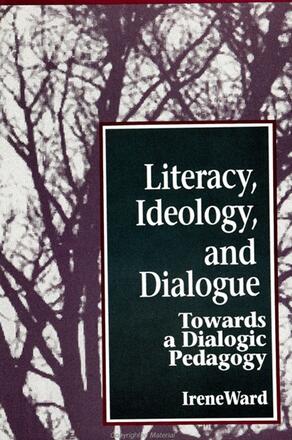
Literacy, Ideology, and Dialogue
Towards a Dialogic Pedagogy
Alternative formats available from:
Description
This is the first scholarly examination of the use of dialogic theory and pedagogy by scholars and teachers of writing. Dialogic methods have become extremely important to many different approaches to pedagogy. However, no one has yet noted that such pedagogies are being espoused by scholars and teachers who have vastly differing theoretical and ideological orientations from one another. Given the fact that the same kind of pedagogy is being proposed by people from such widely differing perspectives, it is time for a substantial reassessment of the use of dialogic pedagogies in literacy education.
Ward's critique of the "democratic" dialogue that expressivists, social constructionists, radical pedagogists, and poststructuralists profess should be read by all compositionists employing collaborative learning in their classrooms. Ward's pedagogy acknowledges and makes room for the differences among students that feminist and social constructionist pedagogies often ignore; it takes into account that social relationships outside the composition classroom can affect the relationships of students within it.
Irene Ward is in the English Department at Kansas State University, Manhattan.